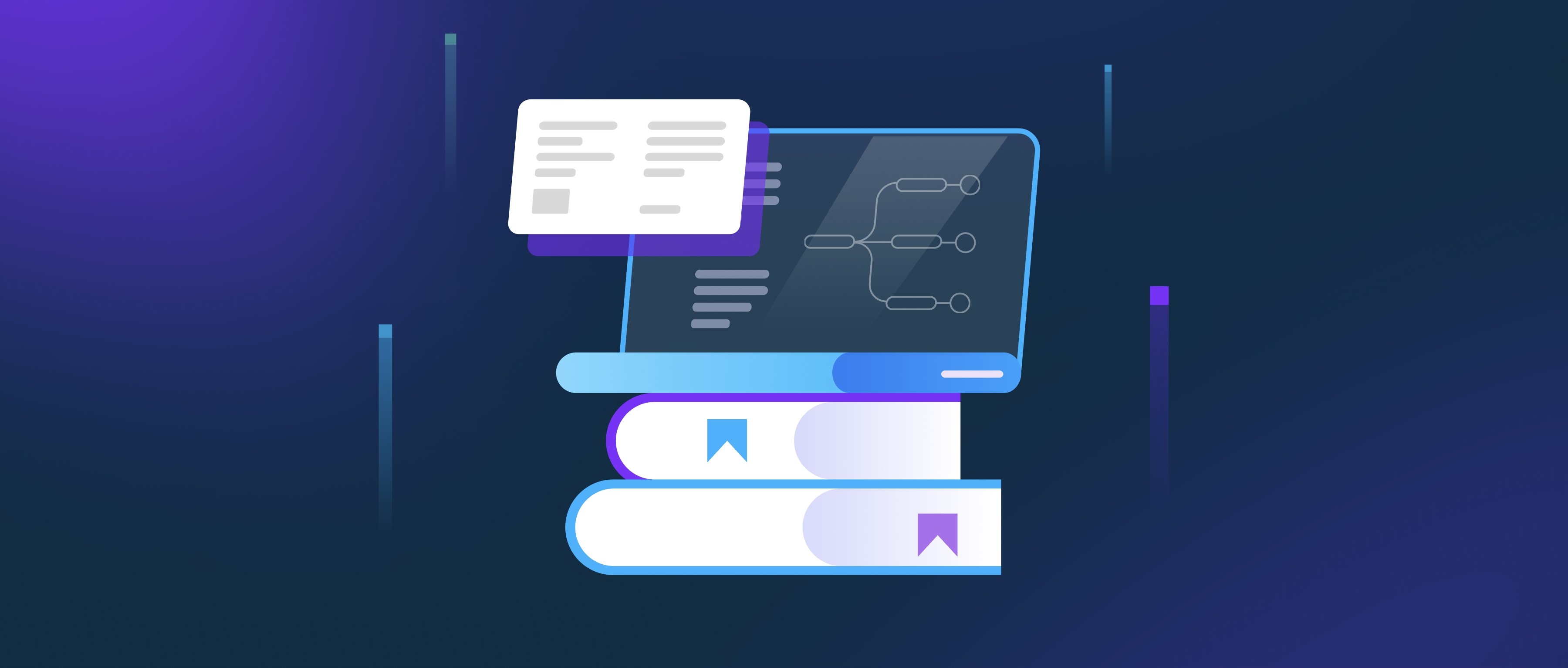Artificial intelligence (AI) in healthcare is poised to enhance diagnostics, treatment planning, and patient care. AI algorithms, particularly in image processing, assist in identifying diseases like cancer in medical imaging, offering faster and more accurate diagnostics. This reduces workload for radiologists and improves patient outcomes. Another area of growth is personalized medicine. AI can analyze genetic data to predict how individuals will respond to specific treatments, enabling tailored therapies. This has significant implications for managing chronic diseases and improving the efficacy of treatments. AI also streamlines administrative tasks in healthcare, such as scheduling, patient record management, and billing. By automating these processes, healthcare providers can focus more on patient care, reducing inefficiencies and costs. However, issues like data privacy and regulatory compliance will shape how AI evolves in this field.
What is 'The Future of artificial Intelligence in Healthcare'?

- The Definitive Guide to Building RAG Apps with LangChain
- Mastering Audio AI
- Information Retrieval 101
- AI & Machine Learning
- Natural Language Processing (NLP) Basics
- All learn series →
Recommended AI Learn Series
VectorDB for GenAI Apps
Zilliz Cloud is a managed vector database perfect for building GenAI applications.
Try Zilliz Cloud for FreeKeep Reading
How can cloud-based video processing services be integrated with video search?
Cloud-based video processing services can be effectively integrated with video search by leveraging the capabilities of
How do serverless platforms integrate with containerized applications?
Serverless platforms integrate with containerized applications by providing an environment where developers can run func
What is a time lag plot, and how is it used?
A time lag plot is a graphical tool used to visualize the relationship between a time series and its past values. Essent